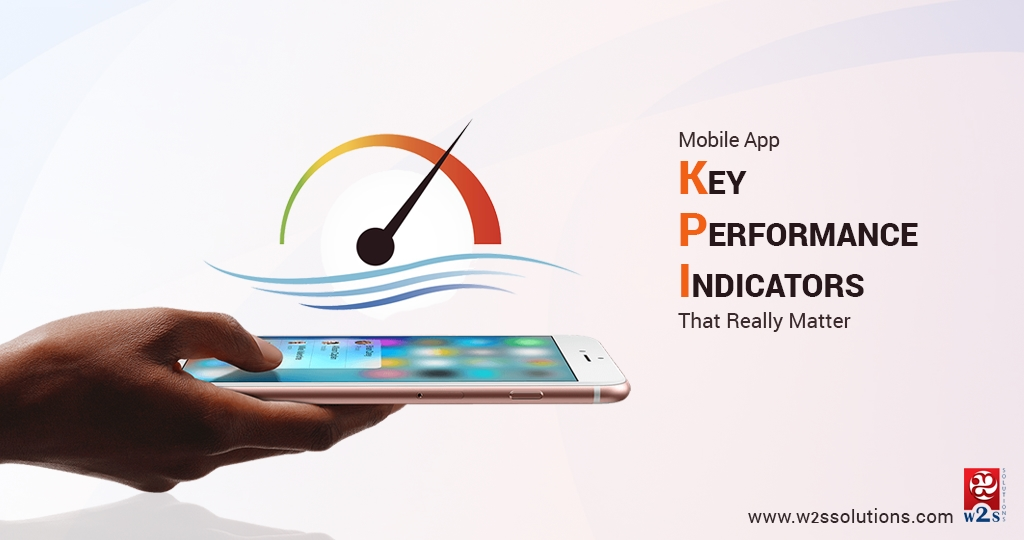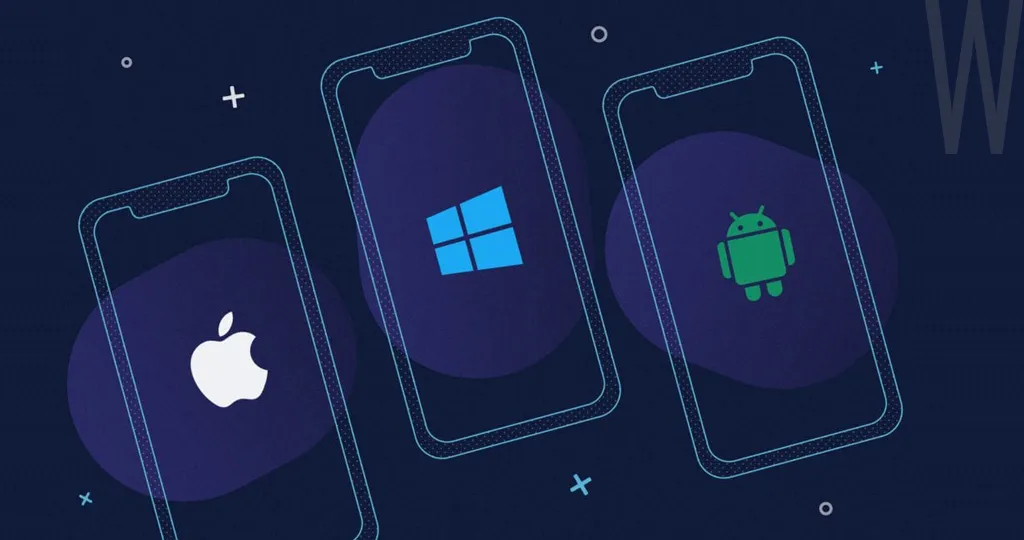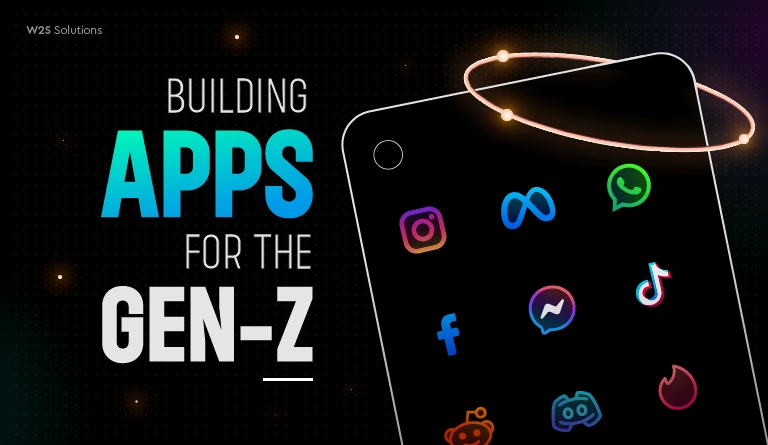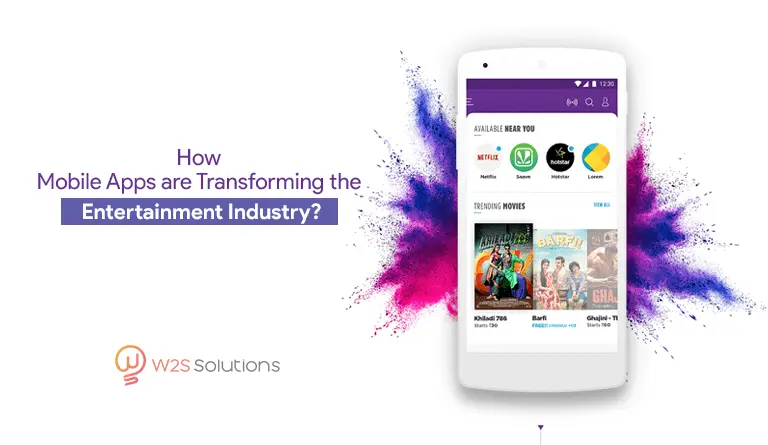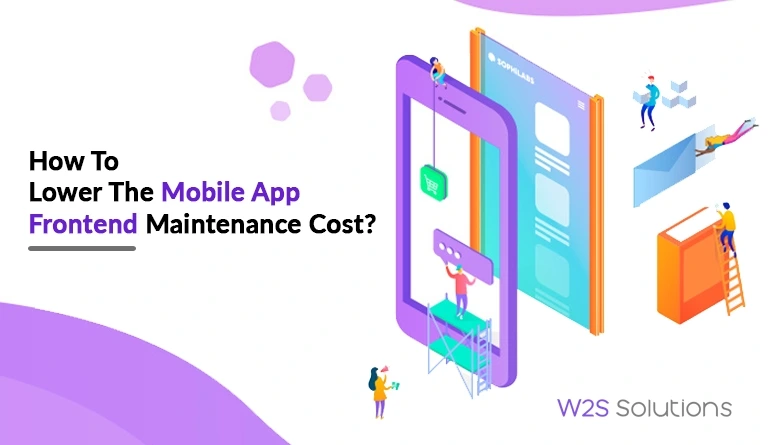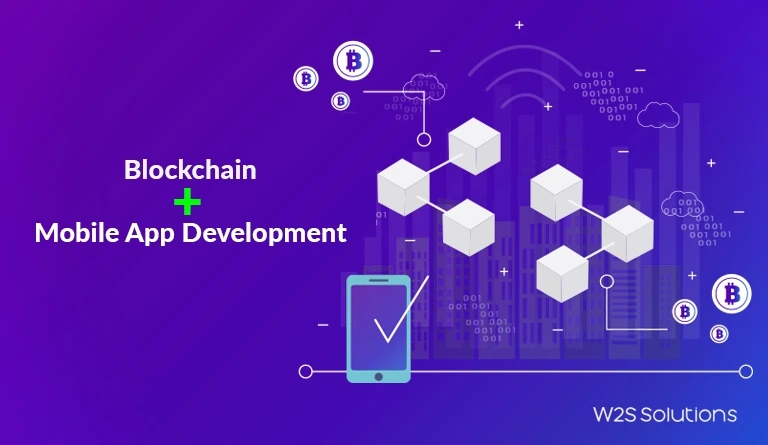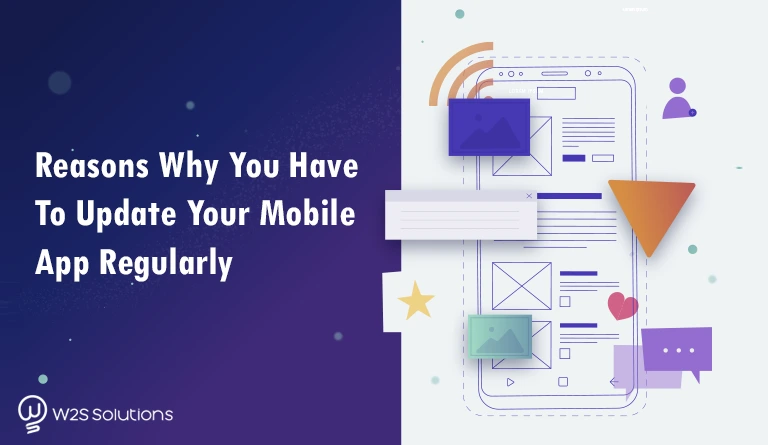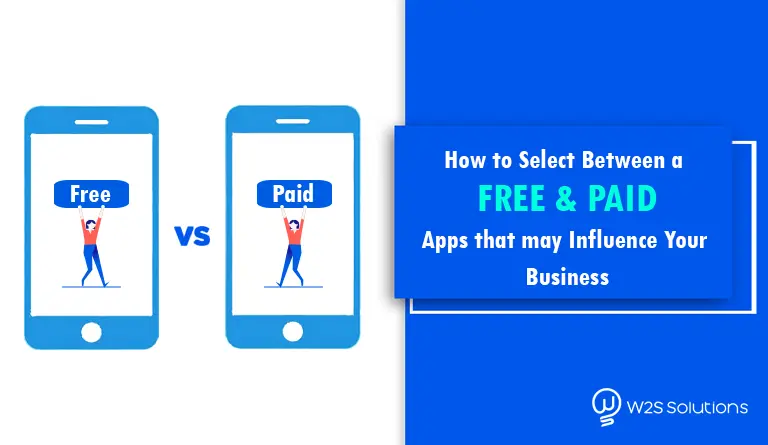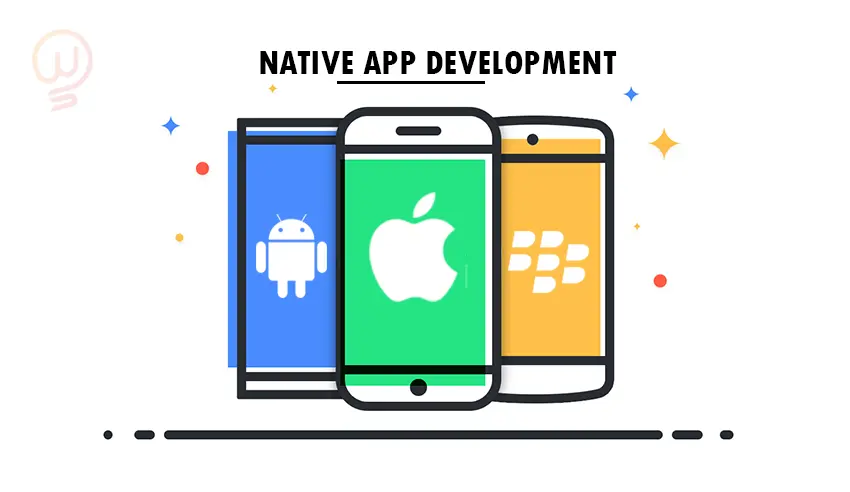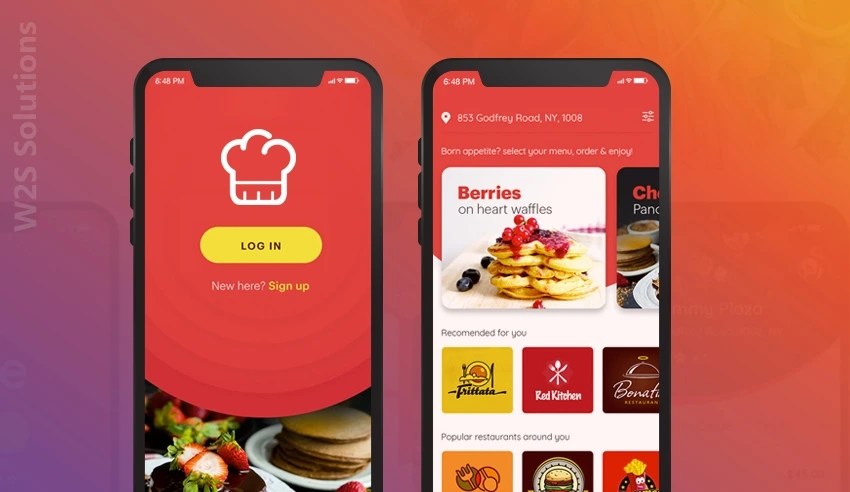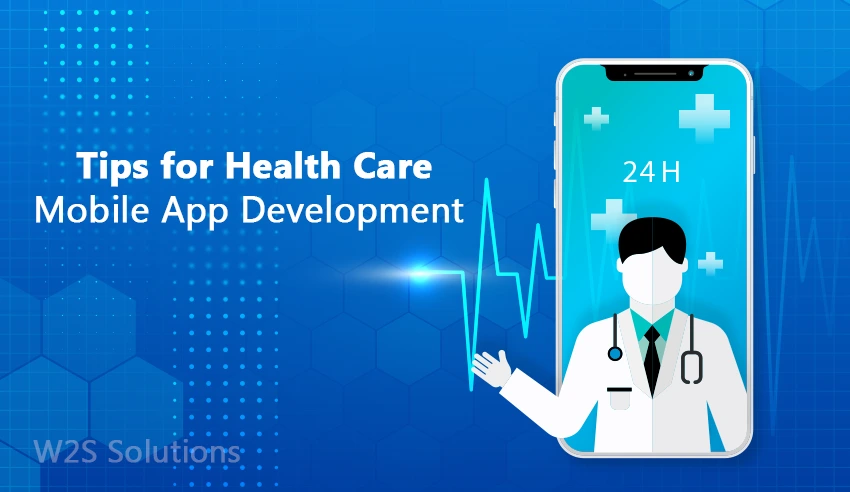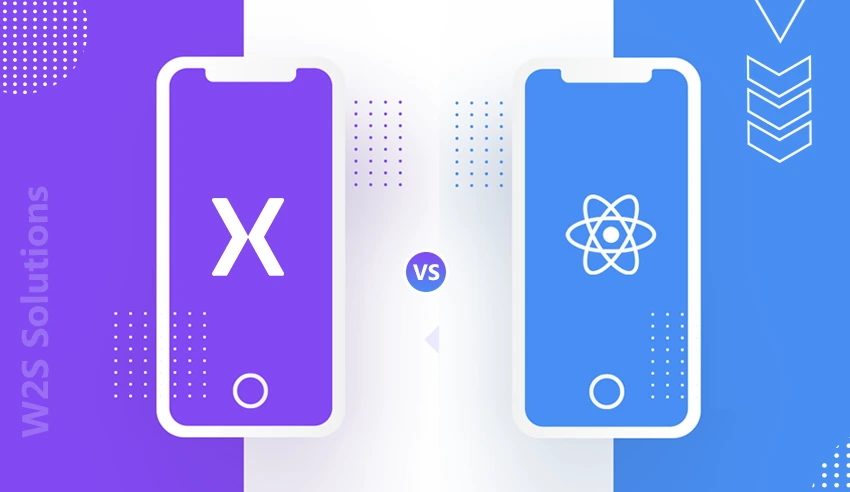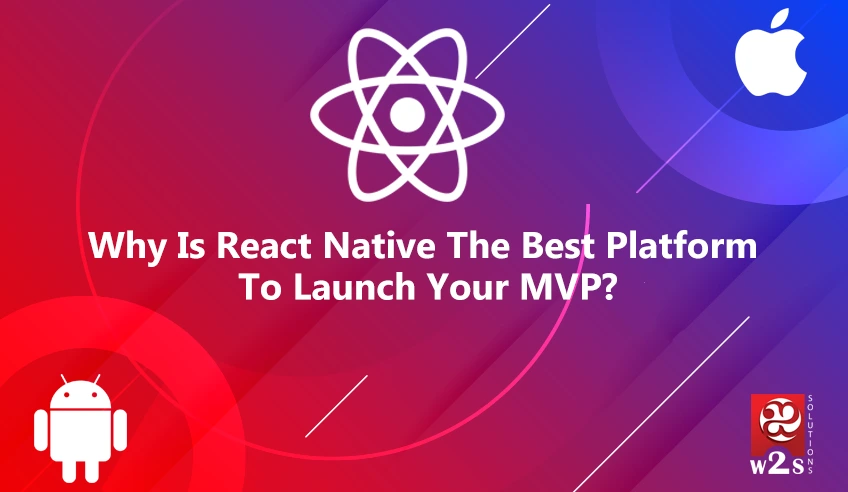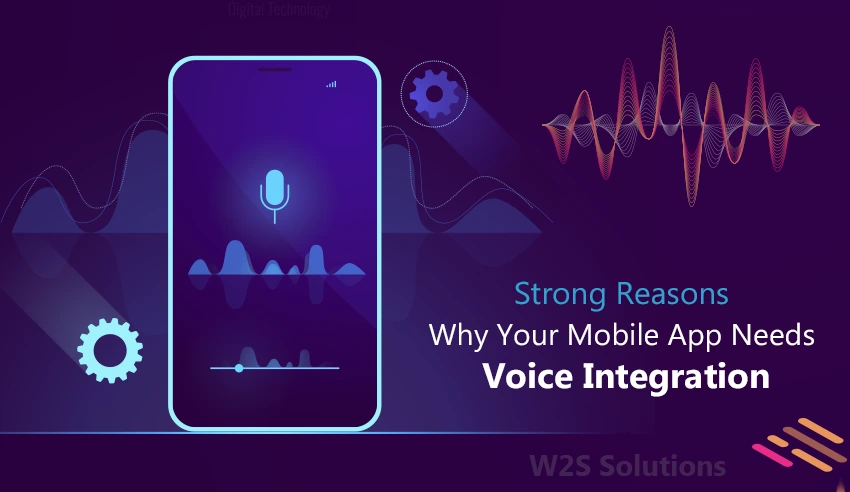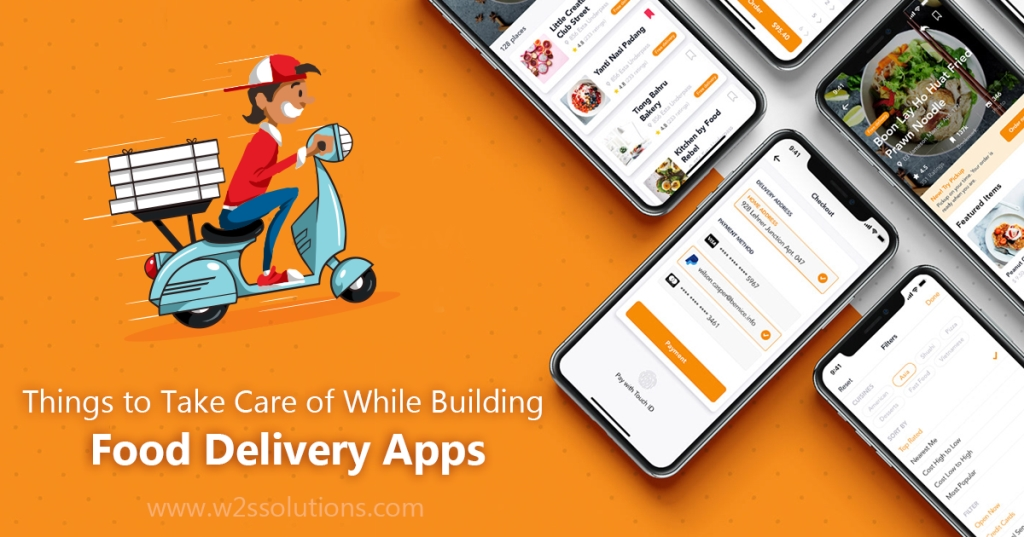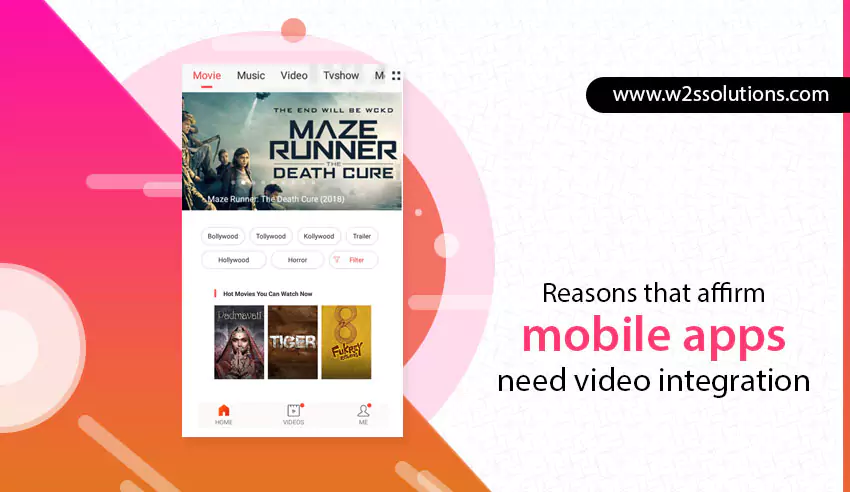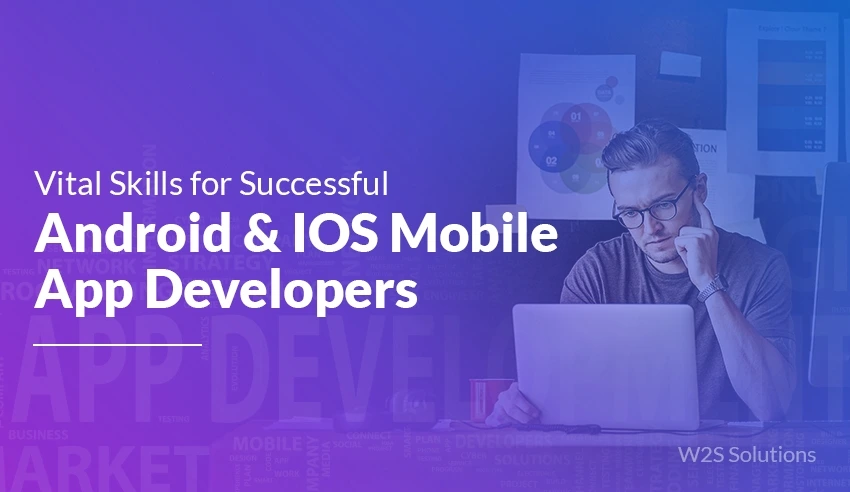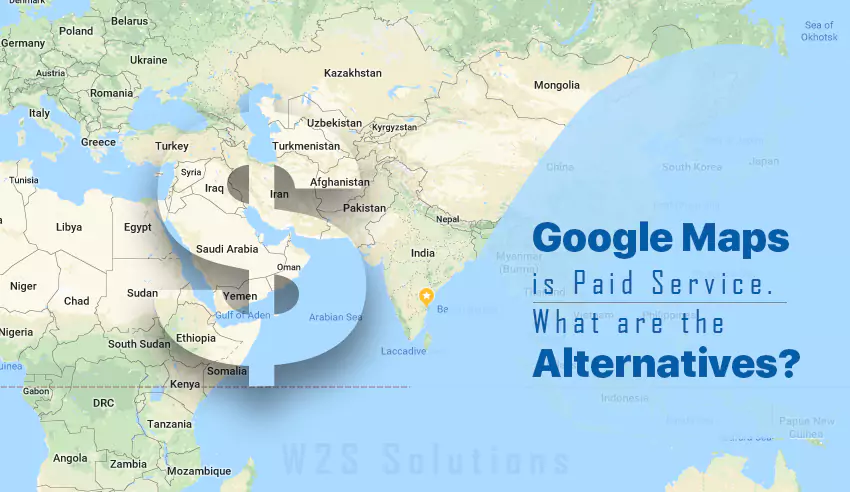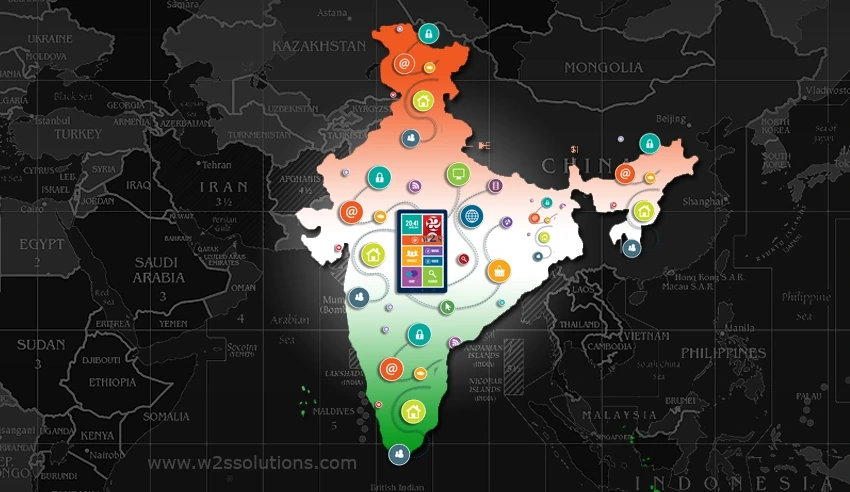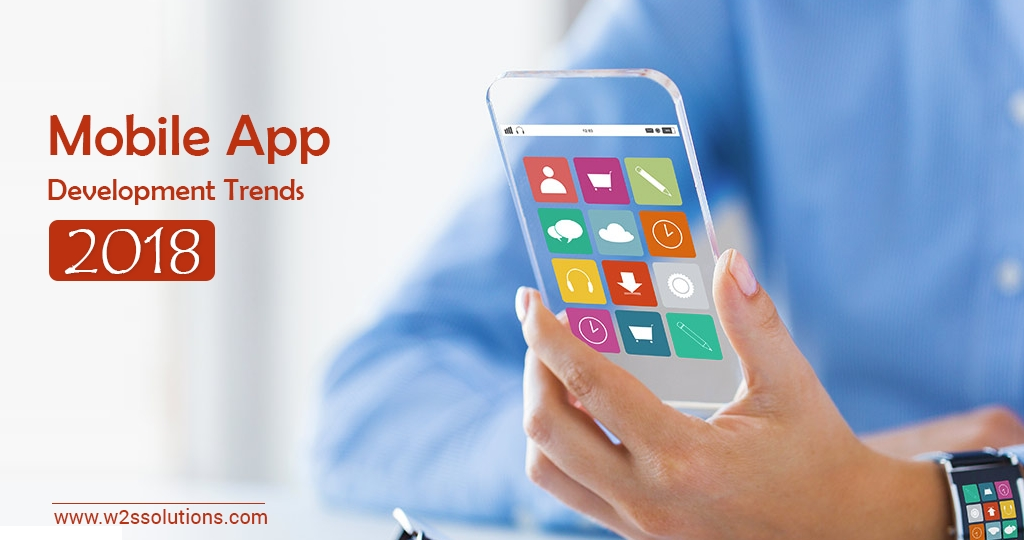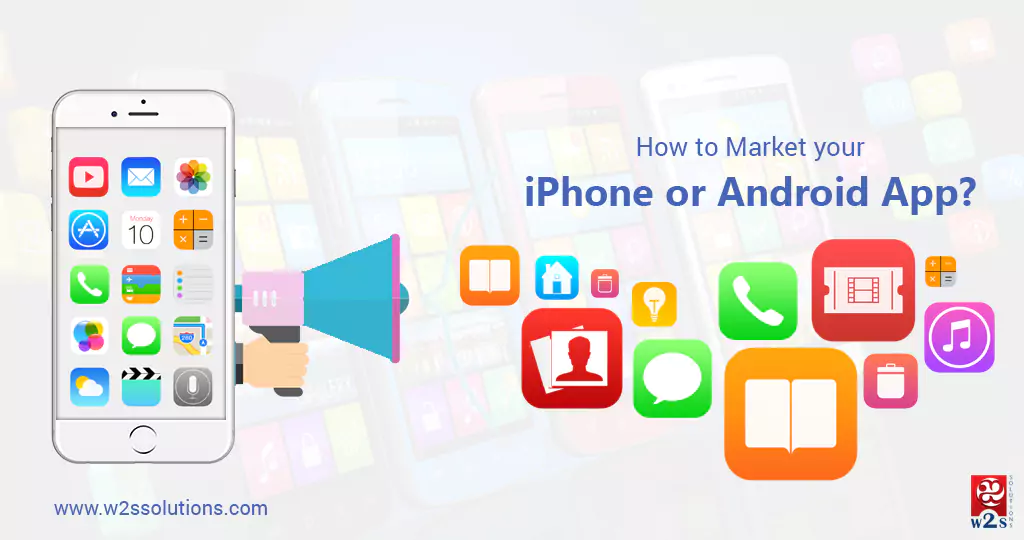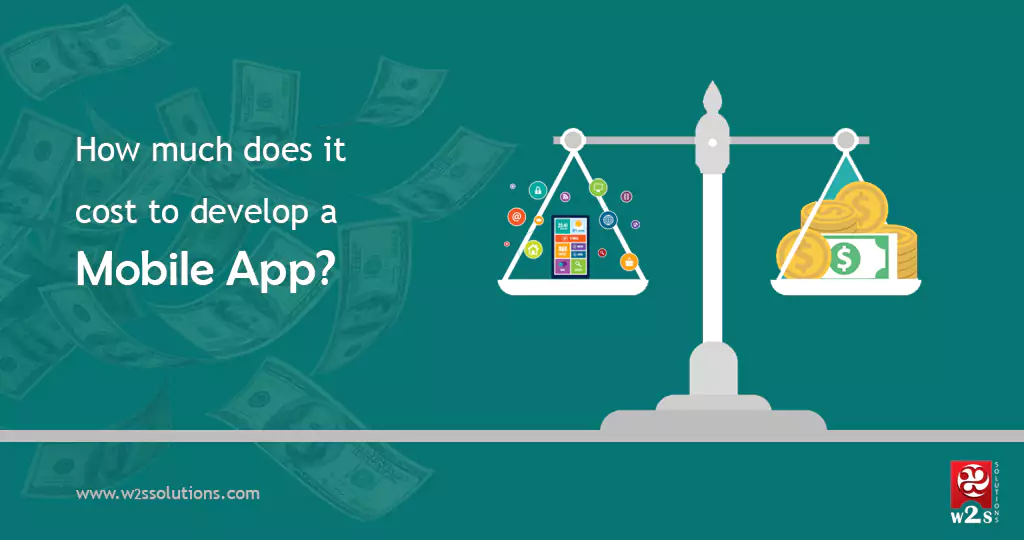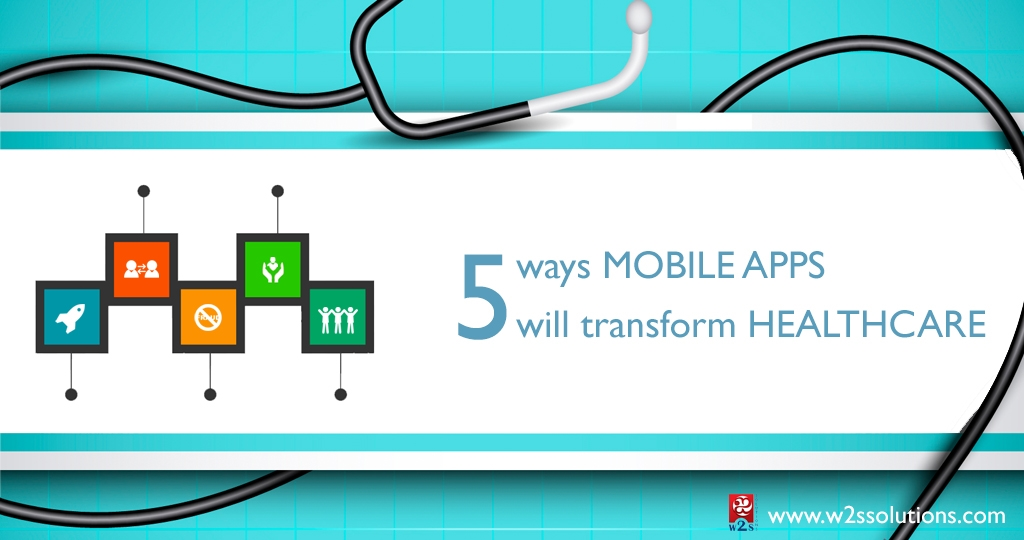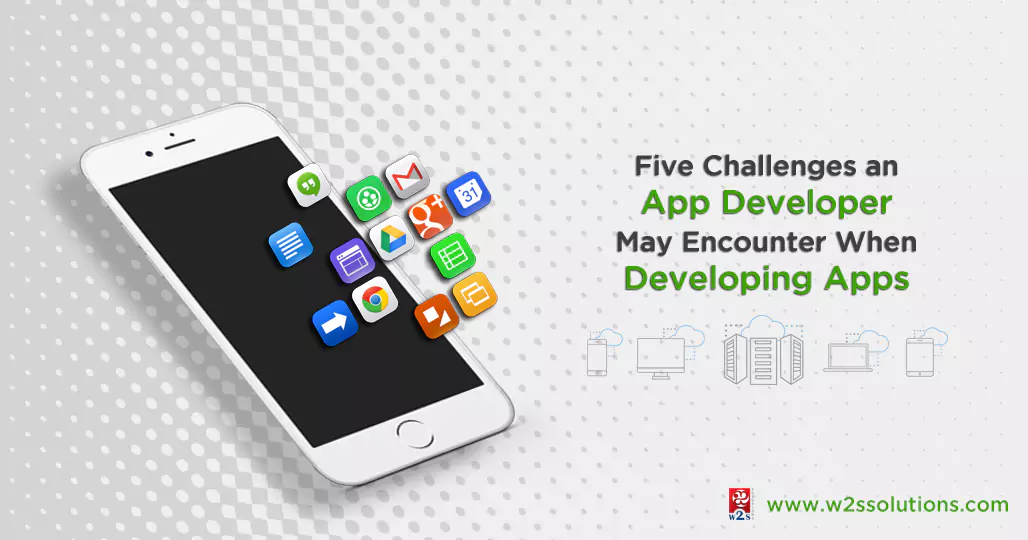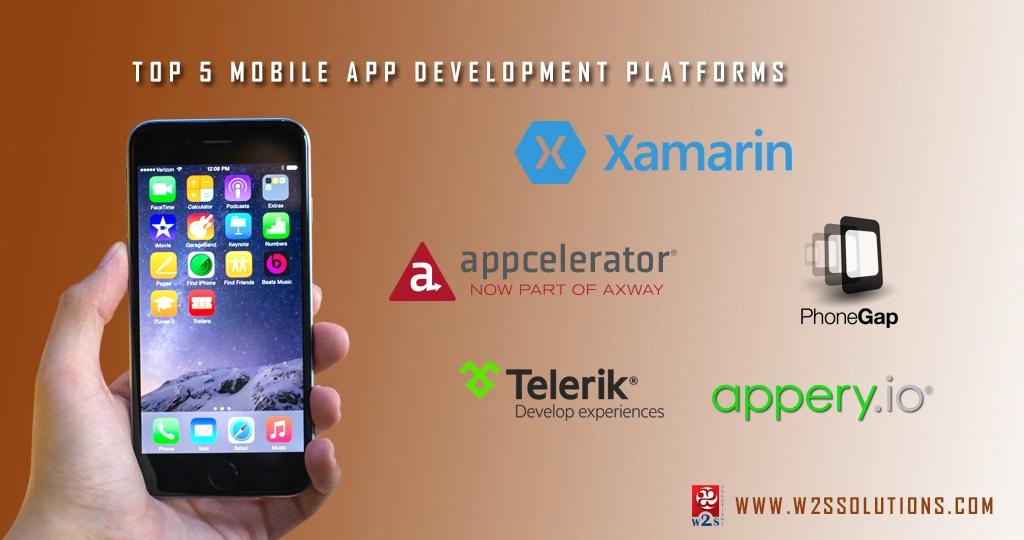Mobile development has undergone rapid evolution over the last one decade. More brands and organizations are adopting mobile apps to boost their operations. Mobile apps enhance efficiency and increase the reach of your brand while at the same time cutting costs of operations. Today, there are over 2.2 million iOS apps on the App Store while Google Play boasts over 3 million apps.
However, many of these apps are obsolete and they are not adding any value to the owners. To ensure your app doesn’t meet a similar fate, you have to build an app that offers something inherently valuable to a user.
The problem with most mobile marketers is that much of their focus is on getting their app launched. While this is important, it marks just the beginning of the journey to your app’s success. This is where Key Performance Indicators (KPIs) come into play. These are metrics that help in monitoring and measuring the mobile app and they can be divided into:
- Engagement Metrics: These KPIs are interested with how engaged your target customers are with the app.
- Revenue metrics: The focus of these KPIs is on revenue generation.
- Interest / Intent Metrics: These KPIs matter mostly when it comes to media apps.
Overall, the key mobile app performance indicators (KPIs) that really matter include:
1. App Usage

You have to continuously measure the times the mobile app is being accessed right from the moment is launched. If your app is providing any value to users, the usage levels should start rising gradually. This metric helps build a strategy to be used in upgrading the app. Session time is also a critical aspect in app usage because a longer length of time means your app is engaging.
The number of permissions granted for your app to access a user’s personal information is also a factor in app usage because it shows high levels of trust. One more factor that really matters in the engagement KPI is the number of screens/pages visited. More screen visits shows the user is captivated.
2. App Retention Rate

While most app developers are obsessed with the launch and app installation, one performance indicator that should really matter is how engrossed users are with your app. Millions of apps are installed but they are never used. Strive for longevity and check out weak areas that could be leading to low usage and high uninstallation rates.
3. Lifetime Value (LTV)
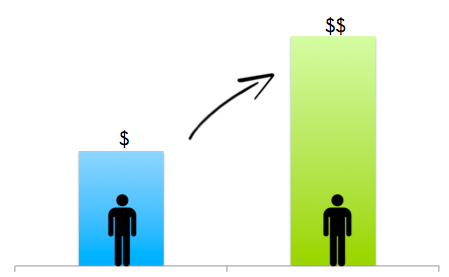
This Key Performance Indicator really matters for your app though it is rarely mentioned. Here, you need to compare the value of your app customer with a non-mobile user, both of whom are your customers. If the mobile app user spends more, is more loyal and promotes your brand, then your mobile app is performing.
4. Active Users

You have to measure the daily active users (DAU) and monthly active users (MAU). A high user rate is a sign of better performance of your app. The best users are always engrossed on your app and are an indicator of the value your app is adding to their lives.
Other Key Performance Indicators (KPIs) include average revenue per user, app loading time, user acquisition (number of subscriptions/registrations) and user experience, items placed in a shopping cart, social shares and in-app purchases in a given time among others.
